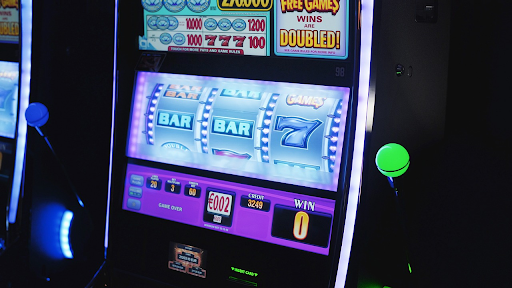When the Supreme Court ruled in 2018 that the Professional and Amateur Sports Protection Act violated states’ rights, sports betting became an issue that each state could legislate for themselves.
Some states, such as New Jersey, which had brought the case before the Supreme Court, already had legislation waiting. This meant that as soon as PASPA was overturned, they were able to enact the bill that they had prepared. Worried about jumping the gun, other states waited until PASPA was officially overturned to begin drafting their sports betting legislation but had already decided on legalization.
A few states had already decided that they would not be legalizing sports betting in any form any time soon. The rest, however, took their time to gauge public opinion, talk with experts abohave accessut the pros and cons of in-person versus online betting and discuss the issue with special interest groups. Over the last four years, many of these states have passed some form of betting legislation.
As of today, 31 states have passed betting legislation to allow sports betting online, in-person or both. Some have restrictions that limit betting to Native American lands while others are completely open. Of the remaining 19 states, only one or two are adamant about preventing legalization. The others are somewhere in between.
This post will look at some of the sports betting options that states have chosen and then discuss which state seems like it is the next in line for sports betting legislation.
States with good betting legislation
Not every state has sports betting legislation that is designed to make it as convenient and accessible as possible. Some, such as Washington, actively hamper sports betting in the state by only allowing it to take place on Native American tribal lands. This protects one of the only steady income streams that this traditionally marginalized community has control over. While frustrating for bettors who can’t make it to one of the tribal casinos in the state, it is a sensible choice at heart.
On the opposite end of the spectrum is Pennsylvania. Pennsylvania was one of the first states to take advantage of the overturning of PASPA. Some of the perks that bettors in Pennsylvania have access to are online sportsbook bonuses. This makes betting online even more appealing to customers who may not live near a traditional land-based casino.
Which state is next?
The most likely contender for the title of next state to legalize sports betting is California. Where the real issue lies, is how will betting be legalized? There are currently two measures being proposed for the November 2022 ballot. Both would legalize sports betting in some way, but the proponents of the bills are strongly at odd with one another.
The first option is Proposition 26. It is also known as the California Tribal Sports Betting Initiative. This would make it legal to bet on sports in-person at tribal casinos. This proposition has fairly widespread support among Native American groups and those looking to limit general access to sports betting.
The second option is currently known as “California Solutions to Homelessness and Mental Health Act”. Homelessness has become a major concern in every American city and Los Angeles is no different. There are disagreements and debates about the best way to help those who are affected by the issue without putting communities at risk. If this measure were to raise the funds that its proponents say it will, it has the potential to make a significant impact. If, as some of the measure’s detractors say, the measure is designed to siphon most of the money raised to private betting companies and not to the government and people of California, then there’s a serious problem.
This proposition is being pushed by some of the biggest online sportsbooks in the United States. It would legalize online sports betting without any of the restrictions that Proposition 26 has. It is supported by the major sportsbooks but is being just as strongly opposed by tribal interest groups and independent sportsbooks who worry about being pushed out.
The one other potential issue is that this second measure hasn’t qualified for the November ballot yet. They have managed to collect enough signatures in the allotted time, however these signatures have not all been verified.
Whether they have one measure or two on the ballot in November, the people of California will have the opportunity to legalize sports betting in their state. This is a massive market, and it is easy to see why the major sportsbooks have taken such a serious interest in passing this legislation.
























